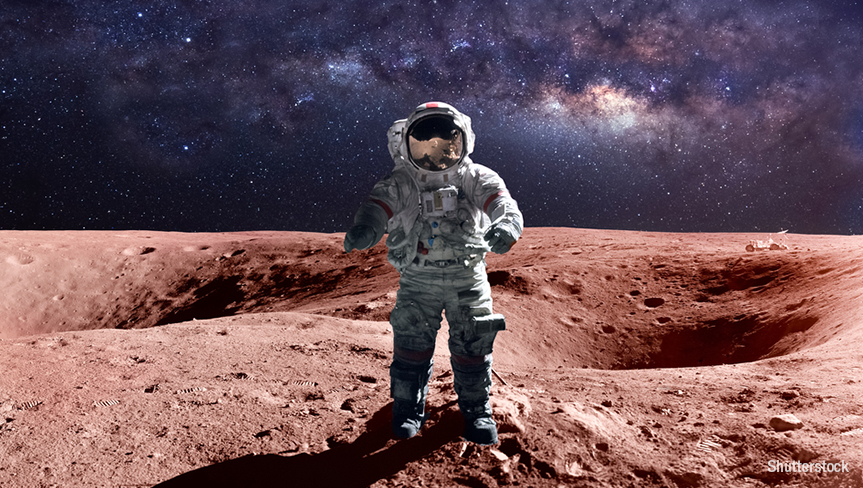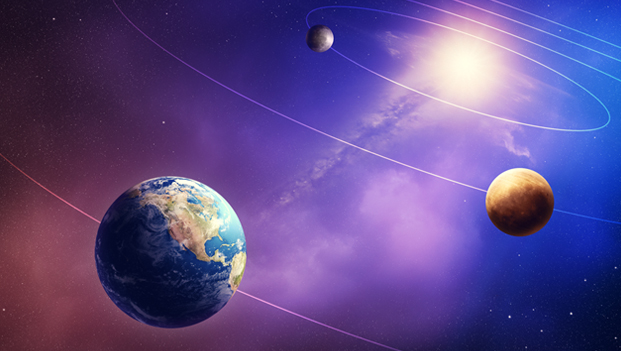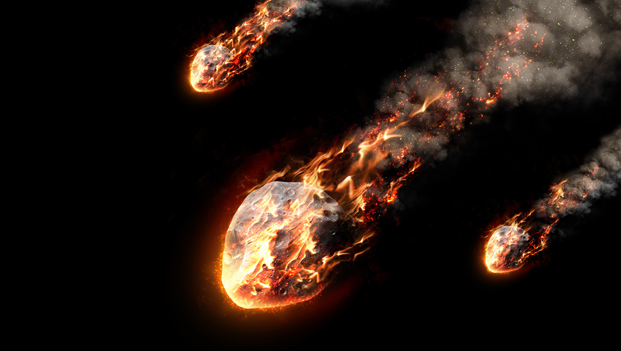29th April 2016
Why you’ll weigh less on Mars than on Earth
Mars is smaller than Earth. Its density and mass is also lower than earth. Since all these factors are lower, its gravity is also lower than Earth. In fact, the gravity on Mars is 62 per cent lower than Earth, meaning the Martian gravity is 38 per cent of the gravity on Earth. So a 50 kg person on Earth would weigh 19 kg on Mars.



